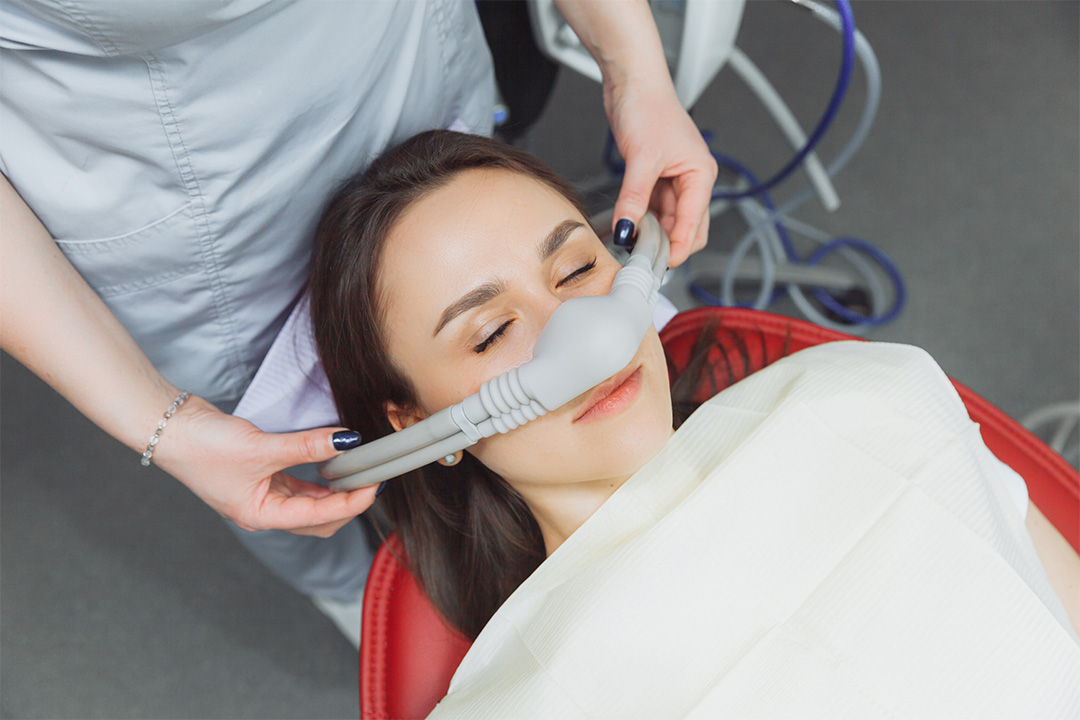In this article, we will dDid you know that an estimated 36% of the American population experiences anxiety around dental visits? If your fear is overwhelming, you might avoid scheduling smile-saving procedures or basic preventative care that can preserve your dental health.
Many dentists provide sedation services to help you feel calm and relaxed throughout your visit, regardless of the reason for it. However, some patients have a false understanding of what these medications do. Continue reading to learn 3 myths about sedation dentistry you shouldn’t believe!
Myth #1: It’s Only for Complex Surgeries
It’s easy to assume that your dentist only considers offering these medications if you’re undergoing a complicated oral surgery, but thankfully, that’s not always the case. Sedatives can be helpful in other circumstances, too. Your provider might also provide them if you:
· Struggle to sit still for longer periods.
· Have a lengthy procedure or multiple treatments to complete.
· Don’t respond well or have allergies to local anesthetics or numbing agents.
· Have a sensitive gag reflex.
Myth #2: There’s A Single Option
Another misconception about sedation dentistry is that only one medication is used. The truth is, there are multiple methods and drugs that your provider can choose from to meet your unique needs. If one type doesn’t work, you might still benefit from other options.
Many dentists offer one or more of the following choices:
· Nitrous oxide. Commonly known as laughing gas, this is inhaled through a mask that’s placed over your nose during your procedure. It induces a tingling or euphoric sensation and reduces your body’s sensitivity to external stimuli.
· Oral conscious sedation. These drugs are prescribed in a pill that you’ll be asked to take before arriving for your scheduled appointment. That way, it kicks in by the time your dentist starts working. Medications include benzodiazepines like diazepam, lorazepam, and triazolam.
· IV sedation. This is considered the strongest medication and is administered intravenously. Your dental team will monitor your health stats to ensure everything remains within healthy parameters.
Myth #3: It’s Unsafe
While there may be some exceptions, typically, dental sedation is considered safe for most people. Some options, like nitrous oxide, can even be offered to children or elderly patients without causing harm.
However, that doesn’t mean it’s right for everyone’s unique circumstances. For instance, if you’re pregnant or breastfeeding, the drugs can pass to the baby through the placenta. Your dentist might recommend scheduling your procedure after delivery to prevent potential complications.
If you have other pressing questions about sedation dentistry, the best way to find accurate answers is to consult your provider!
Meet the Author
Dr. Dean Hutto has 30+ years of experience helping people build and maintain their healthiest, most beautiful smiles. He earned his dental degree at the University of Texas Dental Branch in Houston, then continued his education with ongoing opportunities at prestigious institutions like The Dawson Institute and the Seattle Institute. He provides a complete array of quality services to meet all your needs at one convenient location, including multiple types of dental sedation. You can request an appointment on the website or call (281) 422-8248.iscuss…
